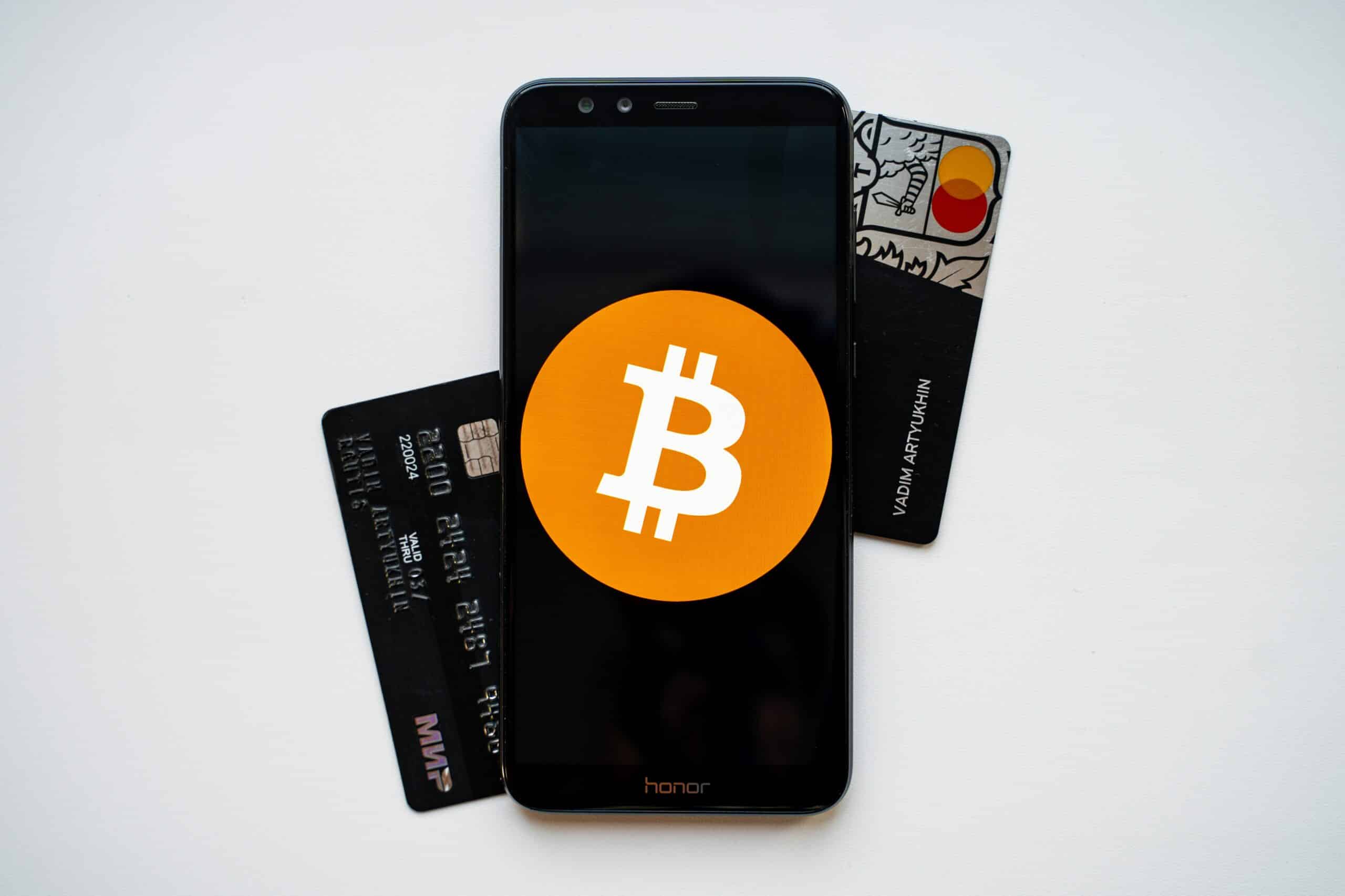Fintech is pervasive in nearly every industry in the modern world. It allows businesses to expand and streamline their paperwork processing and communications capabilities through automation. This increase in speed and the ability for clients to complete paperwork and fill out forms before ever having to set foot in a physical office can be incredibly helpful in an increasingly busy world, but the lack of a personal touch often means these processes are more difficult to navigate. Conversely, there are many opportunities for streamlining the bail bonding experience using fintech, but in a high-stress and sometimes linguistically and legally challenging industry such as bail bonding, there are certainly ethical considerations. Join Mercy Bail Bonds in exploring Fintech’s effects on bonding.
The Evolution of Bail Bonding
Bail bonding is an old practice dating back before medieval times, and possibly even further, as there are facsimiles to bail in nearly any society with an observable justice system. For centuries in England, bail bonding was used to help poorer folks with high bail to go home and prepare for their trials, much like the bail bonding of today. According to the San Francisco digital history archive, the first bail bond company in the United States was opened in 1898 by Peter McDonough in San Francisco, CA. Since then, modern and ethical bail bonding companies such as Mercy Bail Bonds have opened throughout the United States, providing services to anyone who may need them.
Historically, bail bonding has been done the same way for centuries. Someone comes in and fills out paperwork. The bondsman communicates with the jail, and the bonded person is released on certain bail conditions. This process has always taken at least the amount of time it takes for a client to arrive at the bonding office, explain their situation, fill out the correct paperwork, and go retrieve their loved one. Modern advancements have made this process quicker since now we have telephones and emails to make communication faster. However, one of the most impactful new developments in bail bonding is the arrival of fintech.
Fintech’s Arrival on the Scene
Fintech is a combination word meaning financial technology. While you’re probably familiar with fintech in the form of online banking and internet food orders, its applications in nearly all commercial and personal sectors are valuable. Fintech means that it’s no longer necessary to carry cash around or a bulky checkbook; rather, with the stored data in your card or bank account, you can spend your money, and the data is processed nearly immediately, reflecting on your account without significant delays. Fintech has been great for streamlining Bail Bonds as it allows people to pay without hassle and get through the process work quickly. Unfortunately, there are a few drawbacks when financial technology is used improperly, including a lack of personal interaction, less compassion, and an increased likelihood for miscommunication.
Ethical Considerations & Outlook
Because of the drawbacks, it’s important to consider ethical issues that may arise from the misuse of fintech in bail bonding. While the use of financial technology can most certainly streamline and simplify the bail bonding process, it is incredibly important for bail bonding companies to provide the option for families to come in and speak with an experienced agent, as some parts of the bonding process are confusing, and the language may be very dense and hard to understand, especially when clients are already under huge amounts of stress. As bonding agencies grow and develop, it is the hope of Mercy Bail Bonds that they will follow in our footsteps and pursue a business model that is ethical, adaptable, and compassionate.
Copyright © 2024 California Business Journal. All Rights Reserved.
Related Posts




